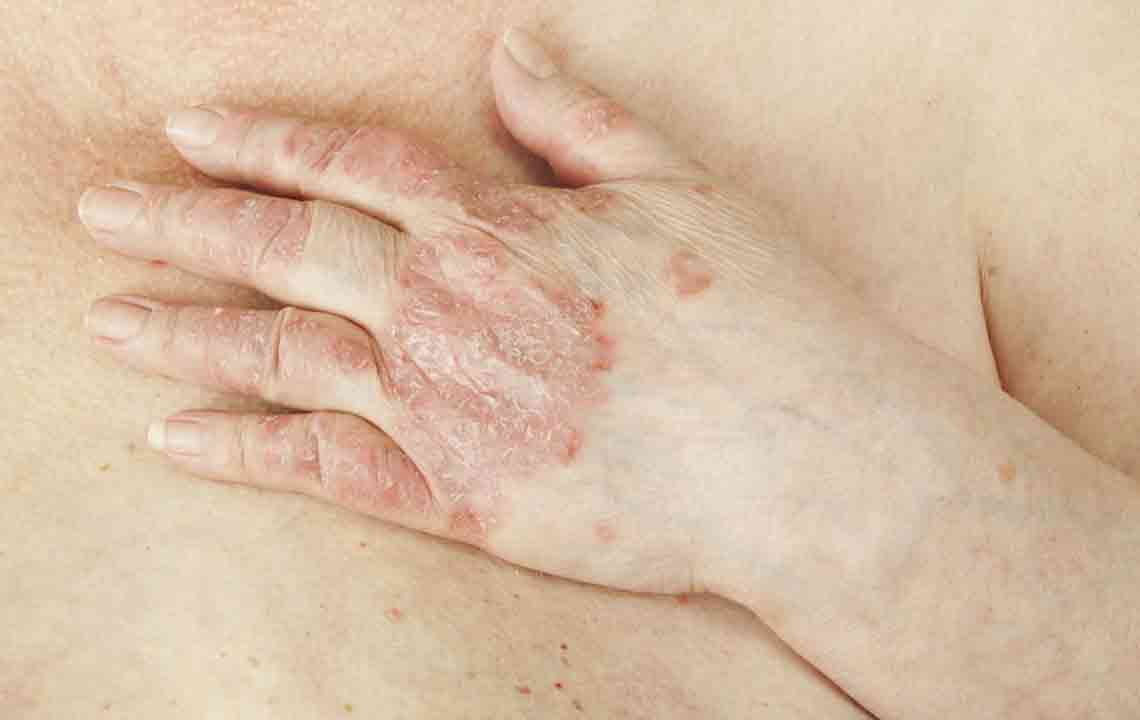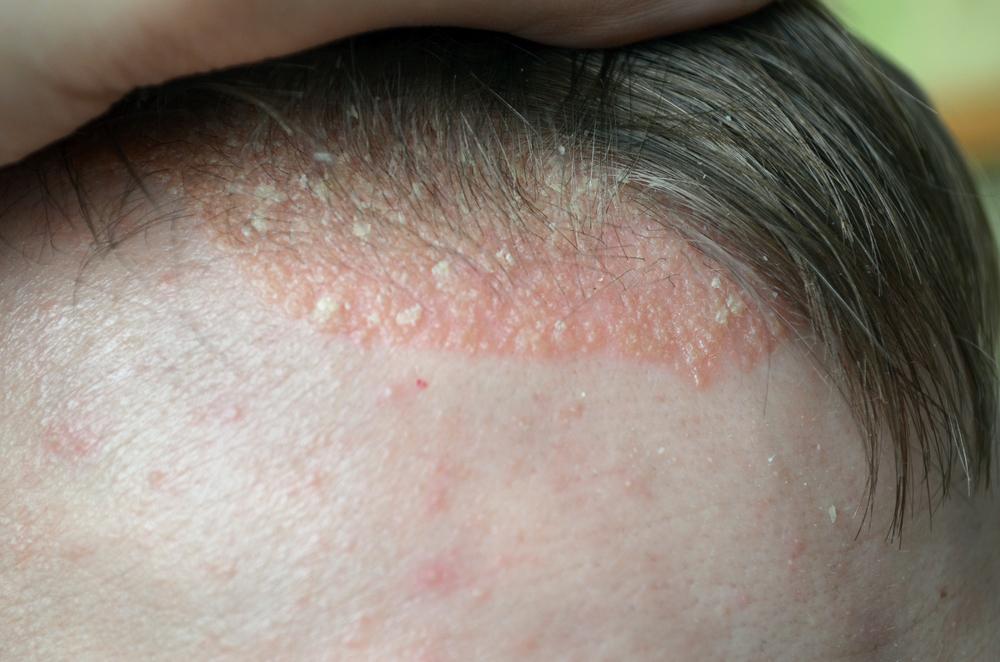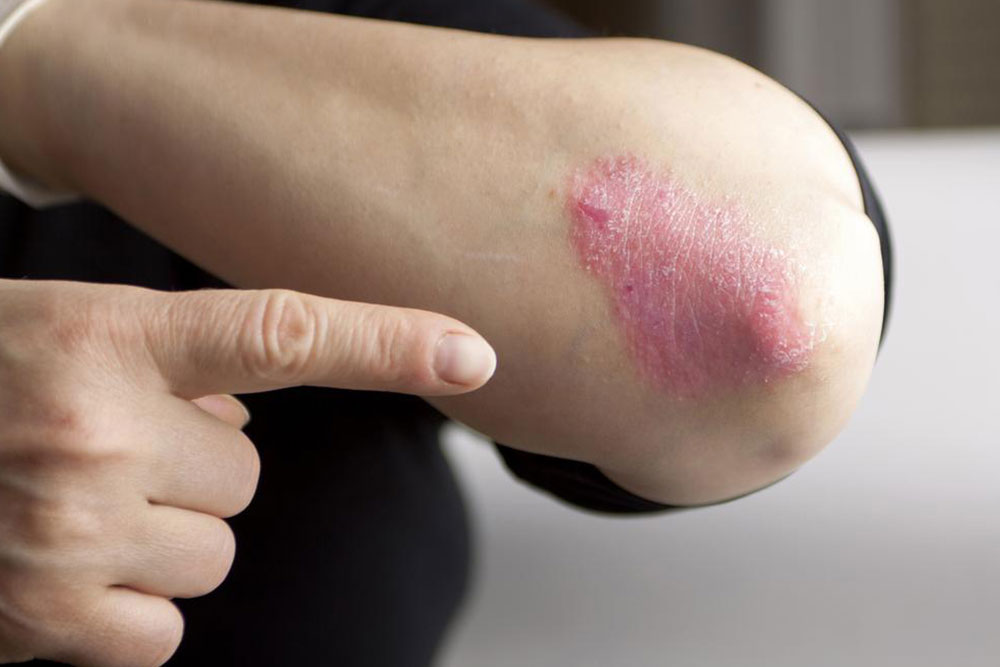Comprehensive Guide to Understanding and Managing Psoriasis
This guide provides essential information about psoriasis, including symptoms, types, causes, diagnosis, and management options. Learn how to identify signs and adopt lifestyle strategies to control flare-ups and improve skin health with expert advice. Seek medical consultation for personalized treatment and avoid self-medication. A comprehensive resource for patients and caregivers.

Comprehensive Guide to Understanding and Managing Psoriasis
Scratching an itch is natural, but persistent scratching can damage the skin, leading to redness and conditions like psoriasis. This chronic skin disorder often results in inflammation, discomfort, and difficulty sleeping. While there’s no cure yet, medical treatments can help control symptoms and improve quality of life.
What is psoriasis?
Psoriasis is a widespread autoimmune skin condition characterized by rapid skin cell growth, resulting in inflamed, scaly patches. It commonly presents as itching and redness, affecting various parts of the body—including the elbows, knees, scalp, and other areas.
There are several types of psoriasis: Guttate psoriasis appears as small, red spots often triggered by streptococcal infections or skin injury, mostly affecting children and young adults. Inverse psoriasis causes shiny red patches in skin folds such as the groin, under the breasts, or around genitals, often linked to immune system issues or sweating. Erythrodermic psoriasis is a severe form marked by widespread redness, inflammation, and possible systemic effects, requiring urgent medical attention as it can be life-threatening.
Major symptoms include painful and itchy red patches, silvery scales, dry cracked skin, and swollen joints. Causes range from infections, immune system abnormalities, to skin injuries. Identifying psoriasis involves physical exams and skin biopsies for confirmation.
Infections like strep throat can trigger psoriasis outbreaks.
Itchy red patches and silvery scales are common signs.
Dry, cracked skin that may bleed over time is typical.
Joint pain and body discomfort can also occur.
An immune response imbalance is often involved.
Diagnosis includes visual examination, where characteristic symptoms stand out, and skin biopsies if needed. Proper diagnosis is essential for effective treatment.
Effective management strategies include avoiding excessive scratching, using moisturizing treatments, and taking prescribed medications like coal tar shampoos and creams. Lifestyle changes such as a healthy diet, avoiding fatty foods, and limiting alcohol can help reduce flare-ups. Stress management through relaxation techniques like yoga is beneficial. Incorporating anti-inflammatory foods like turmeric may also assist. For persistent or severe cases, consult a healthcare provider to determine the best course of treatment.
Note: Do not self-medicate. Seek professional medical advice if you notice symptoms of psoriasis to receive appropriate treatment plans tailored to your needs.










